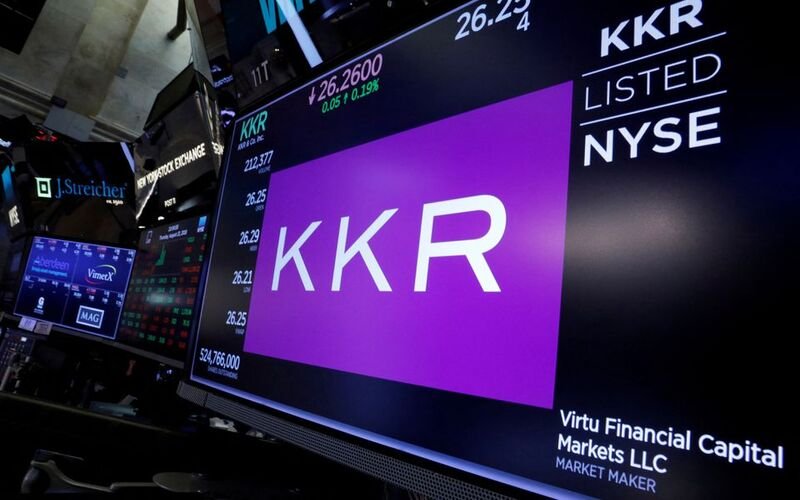Being the first telecom company in a major European nation to give up its landline grid, Telecom Italia (TIM) (TLIT.MI) authorized the sale of its fixed-line network to U.S. private equity firm KKR (KKR.N) on Sunday for 19 billion euros ($20 billion).
The agreement, which supports the conservative government of Prime Minister Giorgia Meloni, concerns a resource that Italy views as strategically significant for the country’s efforts to close the digital divide with the rest of the EU.
One of the central tenets of TIM CEO Pietro Labriola’s plans to turn around the bankrupt and junk-rated former phone monopoly, which is struggling to make the necessary expenditures for its aging system, is the sale.
According to TIM, the board began reviewing KKR’s offer on Friday and continued the discussion until Sunday. At that point, it accepted the sale, with 11 directors voting in favor and three against. If specific requirements are fulfilled, the 18.8 billion euro selling price—including debt—could rise to 22 billion euros, according to TIM.
According to sources previously mentioned, the earnout is mainly related to a long-term plan to combine TIM’s grid with that of state-backed fiber optic competitor Open Fiber to form a single telecom network.
The business could lower its financial debt by about 14 billion euros due to the transaction, which TIM stated should finish in the summer of 2024. Burning cash by cutting half of its 40,000 domestic employees, TIM intended to concentrate on its service activities.
In a statement, Labriola stated, “Two years of hard work… culminate into a historic decision: creating two companies with new growth prospects.” Italy’s government has authorized the Treasury to spend up to 2.2 billion euros to acquire a 20% interest in the network alongside KKR, a minority investor in the grid, to monitor an asset of national strategic significance.
The second-biggest stakeholder in TIM, state lender CDP, is already under the Treasury’s supervision. Leading stakeholder Vivendi (VIV.PA) suffered a blow when TIM announced that it would not submit the board’s decision to a shareholder vote.
Vivendi, which owns 24% of TIM, has been requesting more money and is skeptical of the business’s long-term viability. It declared on Sunday that it will “use any legal means at its disposal to challenge” the board’s decision, calling it “unlawful.”
Vivendi believed that an extraordinary vote of shareholders was necessary for the deal. The Treasury owns both the TIM shareholder CDP and an investment in the grid. Because of this, Vivendi also asked an internal TIM board committee to approve any transactions involving related parties.
On Sunday, TIM also rejected an alternate option that London-based investment company Merlyn Advisors had proposed recently and that Vivendi had asked the board to evaluate as being out of line with their objectives.
“Merlyn … reserves the right to take any steps to bring the board to call … a shareholder meeting to decide whether the plan approved on Sunday is what shareholders want,” noted the message.














































Comment Template